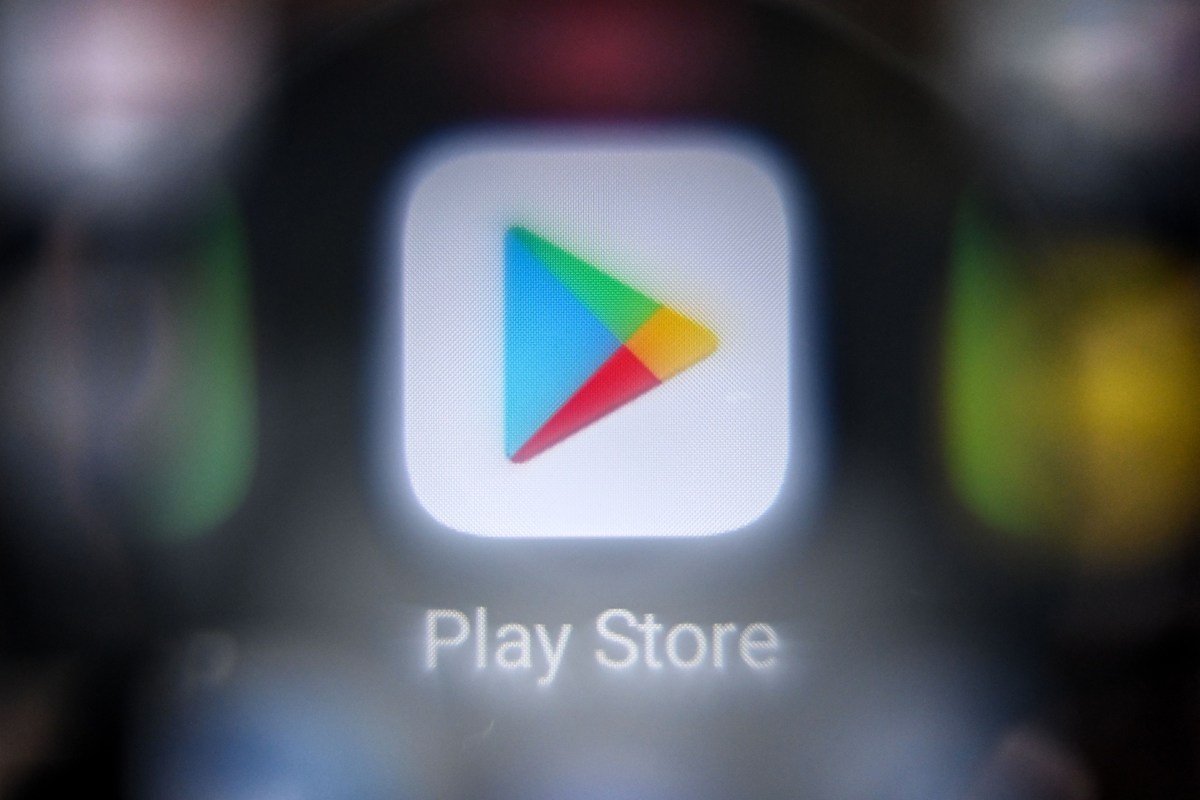Google announced today that it will be forking over a hefty $700 million as part of a settlement agreement regarding its Play Store. Of that amount, $630 million will be paid to U.S. consumers, while the remaining $70 million will go into a fund for U.S. states.
This settlement stems from a class action lawsuit originally filed in 2021 by both consumers and U.S. states. While a tentative agreement was reached back in September, the company just made the details public today. The lawsuit specifically called out Google for its monopoly over app distribution on Android through the Play Store.
As part of the settlement, Google also announced plans to expand its user choice billing program in the U.S., which was first piloted in November 2022. This initiative allows developers to offer alternative payment methods for in-app purchases. In a statement, Google shared that its upcoming changes will allow developers to display different costs for purchases depending on the billing method selected by the customer.
Another facet of the settlement deals with sideloading, a process that allows users to download apps directly from the web rather than through the Play Store. While Google did not provide many details, the company stated that it will be simplifying the sideloading process and updating its messaging surrounding the potential risks involved.
“While we maintain it is critical to our safety efforts to inform users that sideloading on mobile could come with unique risks, as part of our settlement we will be further simplifying the sideloading process and updating the language that informs users about these potential risks of downloading apps directly from the web for the first time,” shared Wilson White, VP of Government Affairs & Public Policy at Google.
In addition to these changes, Google noted that the latest version of Android (Android 14) already includes improvements to make it easier for users to upgrade their apps through third-party stores. This is thanks to the implementation of a new API with more controls for these alternative stores.
These developments come at a time when Google is facing an antitrust battle with Epic. Despite plans to appeal the verdict, Google reiterated in its blog post that it does not recognize the choice and competition enabled by its platforms.
One revelation that came to light during the trial was Google’s deals with companies like Spotify, which allowed them to forgo paying any commission on Play Store in-app purchases.
Overall, while this settlement may be a step towards resolving issues regarding Google’s dominance in the app distribution market, it appears that the fight is far from over.








